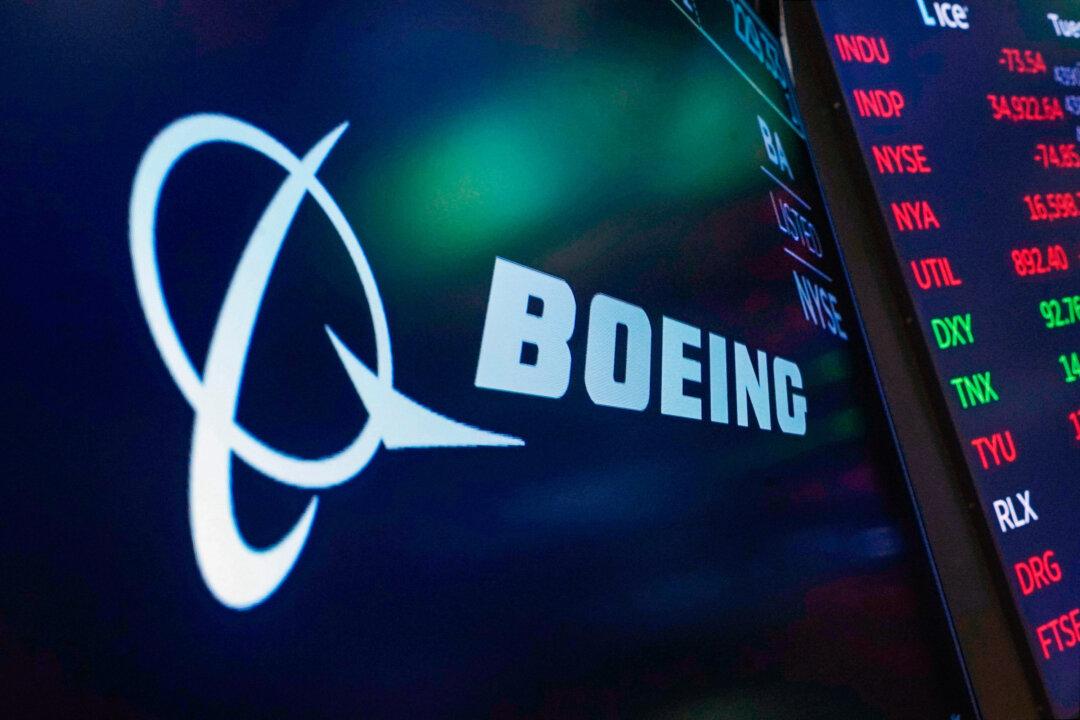The U.S. Department of Justice determined on May 14 that Boeing violated a deferred prosecution agreement that allowed the aerospace company to evade criminal charges after two crashes of its 737 MAX jet that killed everyone on board.
Justice Department prosecutors delivered the news to a federal judge on May 14 after hosting an April 24 closed-door meeting with the families of the victims of the 2018 and 2019 crashes. The agency now has until July 7 to decide whether it will file criminal charges against Boeing, during which time it will tell the court how it plans to proceed, according to the Justice Department.





